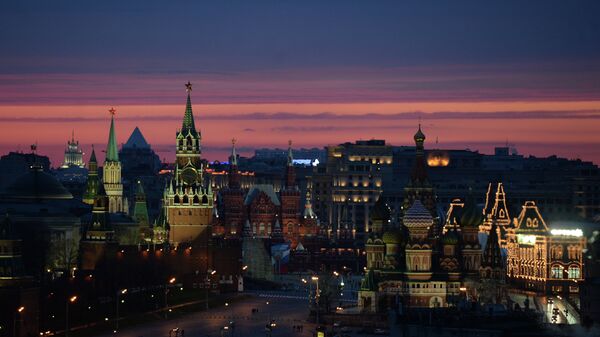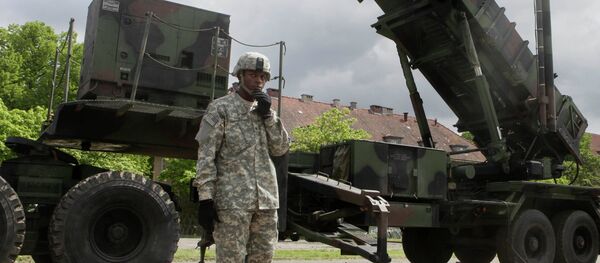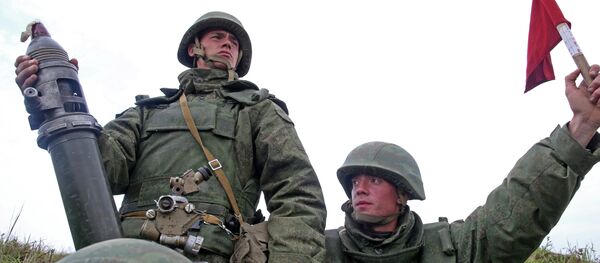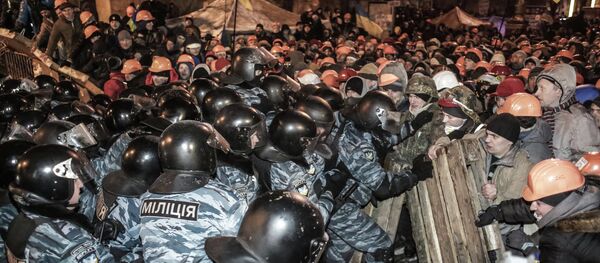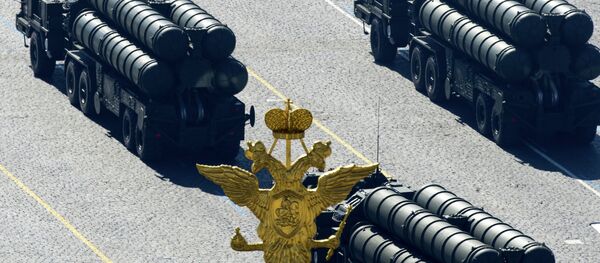MOSCOW (Sputnik) — According to Antonov, the doctrine has been adapted to the changes that took place in the world since 2010 when the previous doctrine was signed. The document provides analysis of "color" revolutions, the conflict in Ukraine and the activity of the Islamic State extremist group, among other global issues.
In an interview with RIA Novosti, Anatoly Antonov said:
"Given these points, how can one say, as our opponents often do, that the new military doctrine threatens Western nations? It surely doesn't."
He said Washington's strife to prevent global events from unfolding in an unfavorable for the United States way clashed with the multipolar worldview of other countries.
The deputy minister said the doctrine was a thoroughly detailed document that emphasized the defensive nature of Russia's military policy and enumerated joint steps needed to be taken to maintain peace around the world.
“The document clearly reflects [Russia’s] aspiration to maintain an equitable dialogue in the sphere of European security with the EU and NATO and to assist in the construction of a new security model in the Asia Pacific region, based on collective non-alligned approach".
Russia to Prevent Conflicts in Accordance With International Law
Antonov said that Russia's revised military doctrine approved by President Vladimir Putin in late 2014 devotes a lot of attention to the country's actions on containment and prevention of military conflicts.
“It is noted [in Russian military doctrine] that such actions are to be conducted in accordance with the norms of international law and the international treaties [signed by] the Russian Federation.”
“It is noteworthy that the new edition [of Russia’s military doctrine] pays a lot of attention to the issues of international cooperation in the sphere of strengthening international security,” Antonov said.
He added that the cooperation envisaged in the doctrine includes both the strengthening of the Collective Security Treaty Organization (CSTO) and increased cooperation within the frameworks of the Commonwealth of Independent States (CIS), the Organization for Security and Co-operation in Europe (OSCE) and the Shanghai Cooperation Organization (SCO) – and strengthening bilateral ties with Abkhazia, South Ossetia, Brazil, India, China and South Africa.
The new doctrine enlists the use of information and communication technologies for military and political purposes as one of the major external threats to Russia, the first threat on the list being NATO's military expansion close to the Russian borders, and its plans to develop a global missile defense system and deploy strategic weapons in outer space. The document also envisages Russia to expand the range of its partner states in order to contain and prevent military conflicts.
